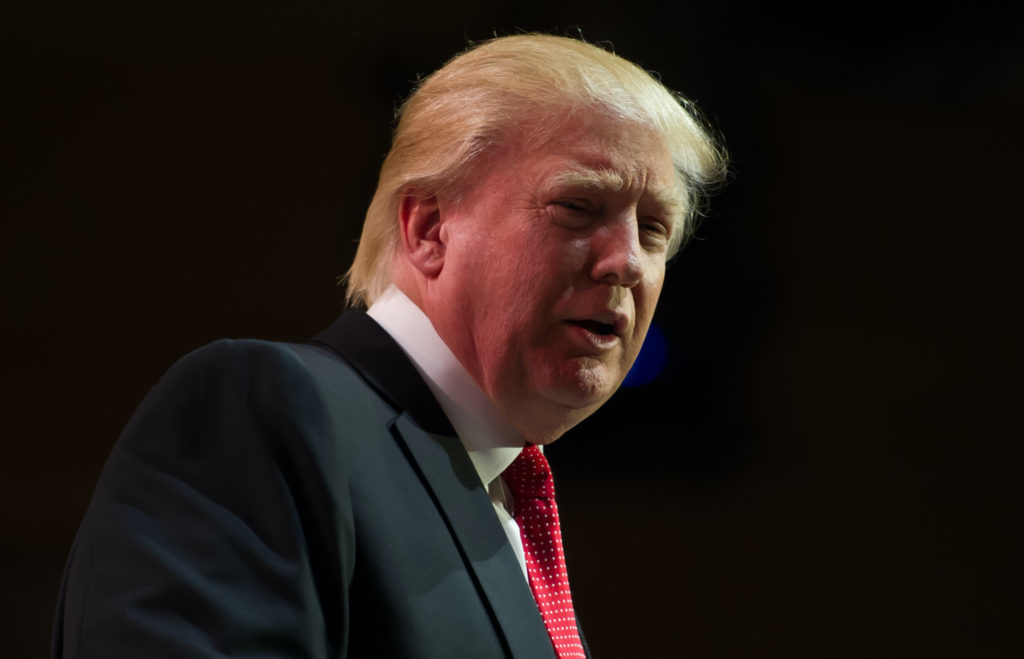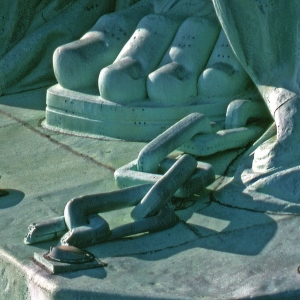Too little too late

For years now, China has imprisoned Uighur Muslims in the Xinjiang Autonomous Region, justifying its action with purported national security and reeducation imperatives. The rest of the world has done very little to hold Beijing accountable in that time. Now, however, it looks like things might change — with a catch.
Last month, the Trump administration sanctioned four Chinese officials and a regional security agency for having roles in the human rights abuses against the Uighurs. This past Friday, the administration sanctioned a Chinese paramilitary organization connected to surveilling, detaining, and indoctrinating Uighurs. Secretary of State Mike Pompeo was quoted as saying “The Chinese Communist Party’s human rights abuses in Xinjiang, China against Uighurs and other Muslim minorities rank as the stain of the century.” For the first time that I’m able to remember, I agree with Mike Pompeo. The catch, however, is that it might be too little, too late.
China has sought to, essentially, paper over Uighur culture in its entirety. Anything that identifies a Uighur as a Uighur rather than, for example, Han Chinese, is subject to systemic erasure. Just two examples: The Times of India reports that Uighur scholars have been vanishing in China’s borders, and The Sunday Times reports that Uighur graveyards have been destroyed. The Washington Post Editorial Board ran an opinion piece, in part describing Uighurs as “victims of cultural genocide,” but given the fact that China has forced sterilization on Uighur women, it’s hard to not consider this straight genocide. It is not unreasonable to compare China’s treatment of Uighurs to the practices of Nazi Germany.
And again, this has been going on for years. China seemed to ramp up its campaign against the Uighurs in around 2014. Now, the political will, infrastructure, and the general internal animosity towards Uighurs in China doesn’t give me much hope that this problem can resolve itself without foreign interference.
And that was the Trump administration’s mistake—it waited so long to place any sanctions against China for its treatment of Uighurs that China got the opportunity to firmly establish its practices and entrench its leaders in the anti-Uighur campaign. Undoubtedly, Uighurs have died as a result of global inaction against China, although it seems unlikely we will ever know how many. As the world’s leading superpower, the United States has a unique responsibility to condemn this kind of behavior and take action to stop it. For years, it did not. In fact, famously, John Bolton’s book reported that Donald Trump personally gave his approval of the Uighur concentration camps to Chinese President Xi Jinping. That’s the kind of president we have.
This is my reminder to you that your vote for president has grave effects beyond the borders of the United States. Vote wisely.

Democracy thrives in snarkiness
